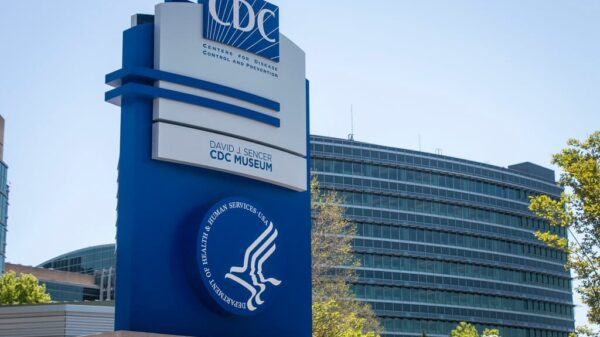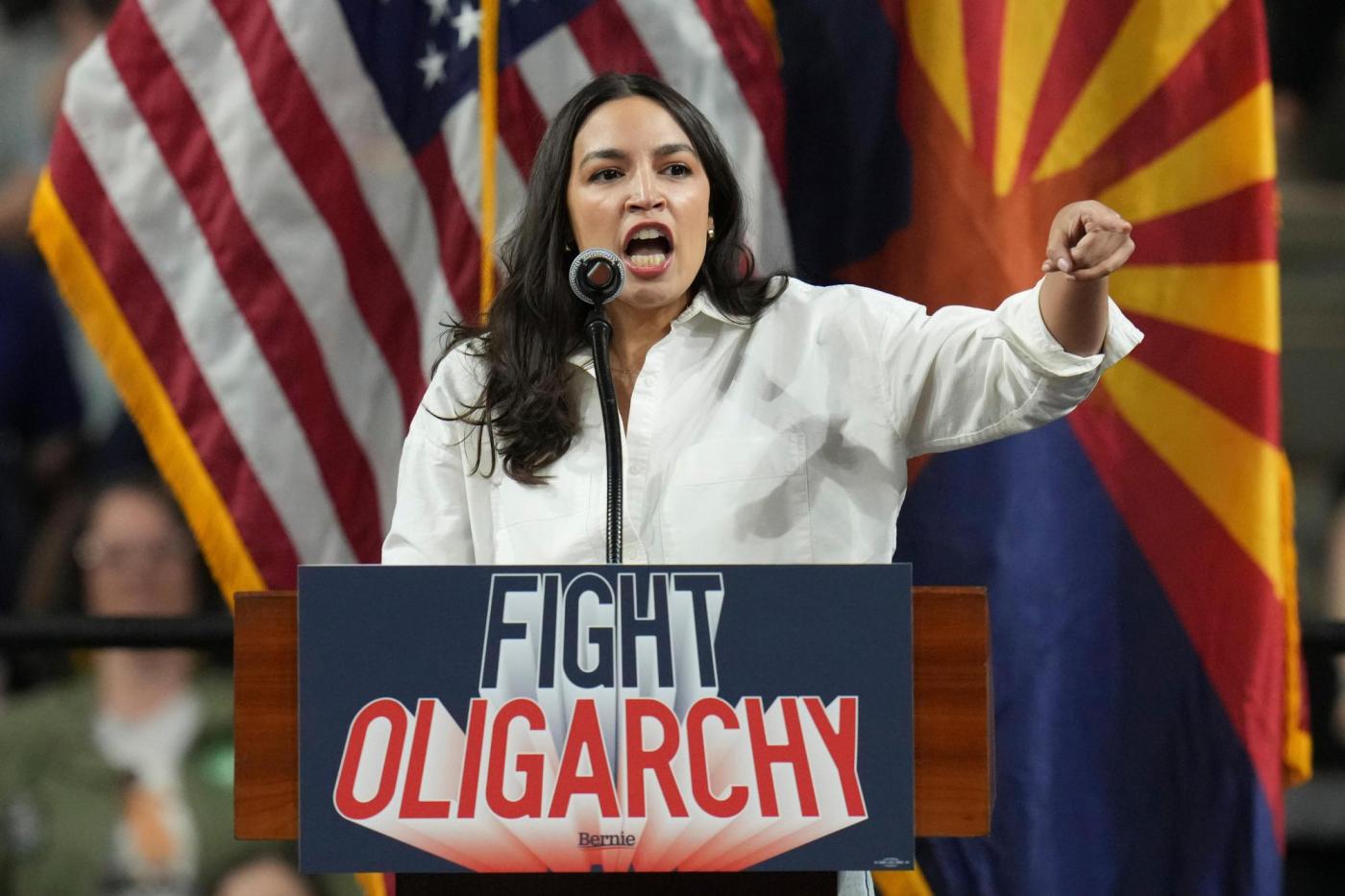Rumors of Representative Alexandria Ocasio-Cortez positioning herself for a potential presidential run in 2028 have raised alarms within the Democratic Party. Following significant electoral setbacks, moderate Democrats are under pressure as the far-left faction, represented by Ocasio-Cortez, continues to gain traction. Reports indicate that her team is actively preparing for a campaign, despite no formal announcement from the congresswoman herself.
Ocasio-Cortez’s appeal among Democrats is notable, especially as figures like Zohran Mamdani, a leading candidate in the New York City mayoral election, echo her ideals. Mamdani’s platform mirrors Ocasio-Cortez’s, advocating for policies that critics argue could have detrimental effects on urban governance and the broader American political landscape.
The challenge for moderate Democrats, including Senate leaders Chuck Schumer and Kirsten Gillibrand, is to navigate the growing influence of Ocasio-Cortez. While Schumer is adept at media engagement, he struggles to rally support for his policies in the same way Ocasio-Cortez has. This discrepancy has led to a perception of Schumer as ineffective, particularly after he compromised with Republicans in March 2025 to prevent a government shutdown, a move that some party members viewed as a betrayal.
Gillibrand, often seen as less prominent in the political arena, has attempted to reestablish her presence in the lead-up to her next campaign. The mounting pressure from Ocasio-Cortez’s rising star may further complicate her efforts.
Ocasio-Cortez’s potential candidacy is fueled by internal polling suggesting she could garner substantial support. The electoral landscape appears favorable, especially with Mamdani’s strong ground game, particularly among younger voters in New York. This convergence of factors presents a significant opportunity for her to gain influence.
Democratic socialism, as championed by Ocasio-Cortez, often resonates with voters seeking transformative change. Yet, critics argue that the utopian visions presented by democratic socialists lack feasibility. For instance, proposals for free college and universal healthcare could lead to compromised quality and accessibility. The reality of implementing such policies raises critical questions about their long-term sustainability.
Historically, the fallout from socialist policies has been severe in various countries, leading to economic and social turmoil. Opponents of Ocasio-Cortez maintain that the American foundation, built on capitalism, would be jeopardized by adopting socialist principles.
Ocasio-Cortez’s potential rise to higher office signals a pivotal moment for the Democratic Party. As she mobilizes support with her charismatic messaging, the implications of her candidacy extend beyond the party’s internal dynamics. If the Democratic leadership continues to align with her and the democratic socialist movement, they risk fracturing the party and steering the nation toward policies that could destabilize its foundational strengths.
The prospect of Ocasio-Cortez’s success serves as a vital warning for Democrats. Her ability to galvanize support, despite a limited legislative record, underscores a significant challenge for moderates. The party must grapple with her influence as it shapes its future direction in an increasingly polarized political environment.



































































